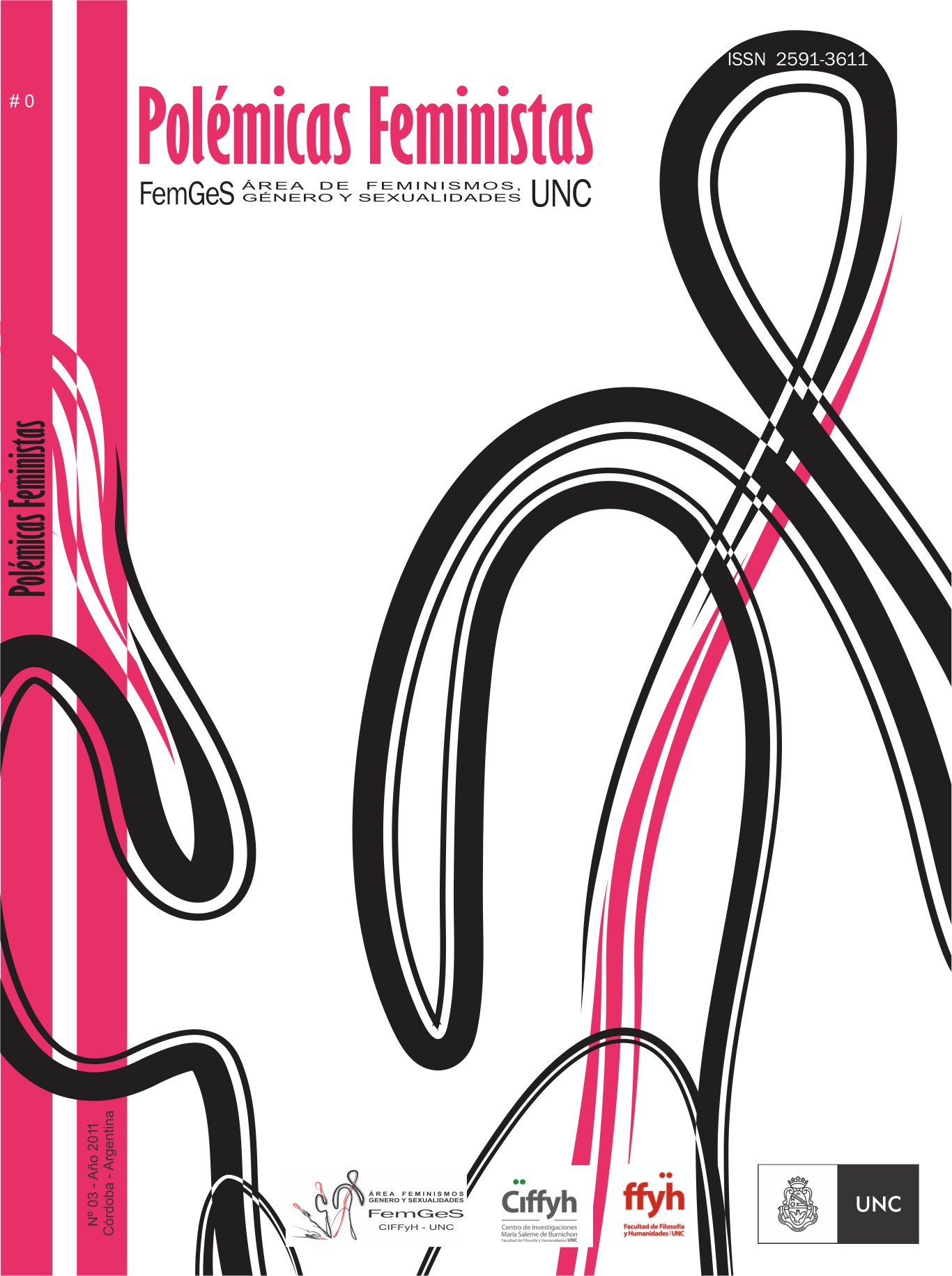The limits of the Social: Nature, Hierarchy and Gender Theory.
Keywords:
Sociedad, naturaleza, antagonismo, jerarquía, paternalismoAbstract
This article reviews the capacity of gender theory to evaluate the way of understanding the difference between nature and society, which in our western society and inherited from modernity is assumed to be antagonistic and exclusive. The revision of this differentiation is crucial, not because it assumes a difference between the human and the natural, but because, in the elaboration of modern knowledge, this differentiation is posed in hierarchical terms that involve logics of domination. It is a question of investigating what is considered natural, analysing as a counterpoint that which is evaluated as human. From here we seek to delve deeper into the strategies adopted to trace this differentiation, which take on new dimensions when studied from the perspective of gender theory. Gender theory exposes a plane of paternalistic foundations that imprint on the way of knowing the world a presupposition of asymmetrical relations. Gender theory is thus particularly relevant for rethinking both the antagonistic society/nature dichotomy and the body of knowledge produced in the social and natural sciences.
Downloads
Downloads
Published
How to Cite
Issue
Section
License
Copyright (c) 2011 Paula Gabriela Núñez

This work is licensed under a Creative Commons Attribution-NonCommercial-NoDerivatives 4.0 International License.
From 2022: Attribution - Non-Commercial - Share Alike (CC BY- NC- SA 4.0)
From 2011 to 2021: Attribution - Non-Commercial - No Derivative Works (CC BY- NC- ND)






